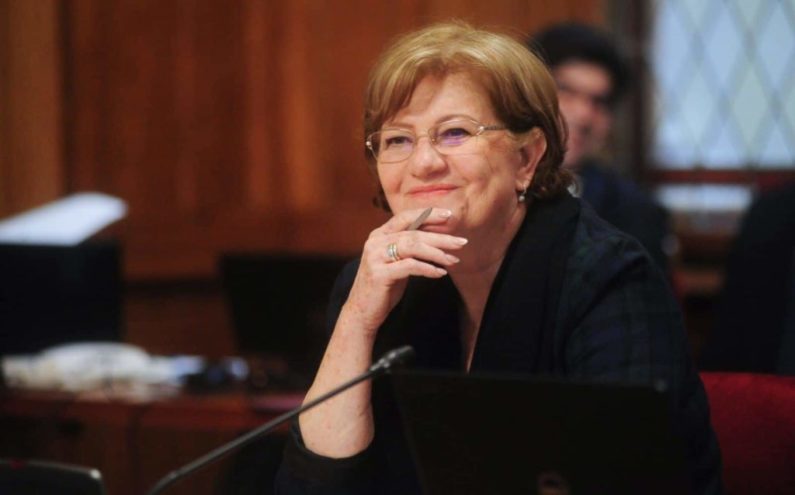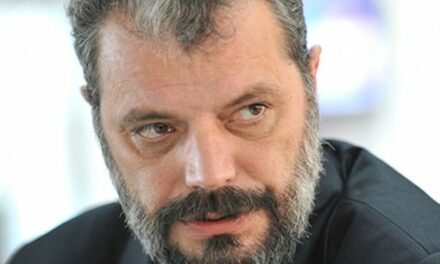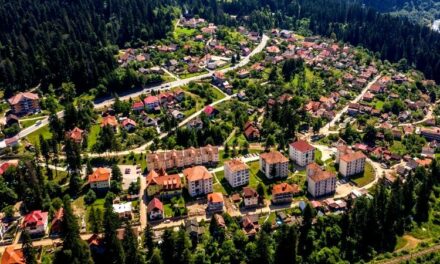Culture is the basis of our national identity, but it is also the binding force that means unity and belonging to the nation for us - said the prime minister's representative Katalin Szili at the literary conference held on the occasion of the Dsida-Páskándi-Jakabffy Days on Friday in Szatmárnémeti.
The Politician is about the lives and lives of three well-known Transylvanian public figures - Elemér Jakabffy (1883-1963), a Transylvanian politician and editor, Jenő Dsida (1907-1938), a poet and newspaper editor, and Géza Páskándi (1933-1995), a poet, dramatist and essayist. speaking about his work, he recalled in his presentation that the lives of all three were in some way significantly connected to Szatmárnémeti, Dsida was born here, Páskándi was born on the nearby Szatmárhegy, Jakabffy died in the town of Szatmár, and as Transylvanians they lived through the Trianon peace decree and its consequences on their lives.
There is something in the air in Szatmárnémeti, that it gave such people to the nation, something that represented truth, honor, loyalty, three distinguished life paths, one nation, one destiny and one city", stated Katalin Szili, referring to the parallelism of their life paths, adding, The work of Dsida, Páskándi and Jakabffy also has message value for our lives today. Referring to Jakabffy, the prime minister's agent said that the statements of the Hungarian politician, lawyer and publicist in Hungary and then in Romania about national minorities are true and acceptable even from the perspective of more than a hundred years, he spoke out, for example, against injustices, and urged the settlement of the majority and minority relationship.
He realized that politics was only a tool for the maintenance of Hungarian literature and culture, and he believed in cultural self-governments established for the preservation of minority culture as a kind of "cultural autonomy". Jakabffy also represented Hungarians at the international level and strongly emphasized the responsibility of all nations towards minorities, emphasized Katalin Szili.
Speaking about Géza Páskándi, dubbed the "literature prodigy", the ruling party politician said that his belonging to a national minority was accompanied by a feeling of humiliation, and he had to spend part of his life in prison because of it. His work was dominated by a peculiar, absurd tone. In his entire work, there is the inner struggle of a person freed from the "lager of the minority form of existence", and in his literary work there is a significant difference between the minority existence and his works already created in Budapest.
Speaking about Jenő Dsida, the "teenage angel", who lived only 31 years, he said that she was the protector and servant of Transylvanian Hungarians, which is due to her belief in the purity of the creative spirit. He pointed out that Dsida created in eight languages, during his short life he produced enough works for an entire human life.
When we fight for the fate of our own national minorities, we do it for our Hungarian communities living in all parts of the world and we don't allow them to turn Hungarians against each other using "discord and mine work", concluded Katalin Szili.
The series of events continues on Friday afternoon with the laying of a wreath on the grave of Elemér Jakabffy, and then a permanent exhibition on the life of Géza Páskándi opens in the Szatmárhegy village library. In the early evening, those who remember the poet bow their heads at the plaque placed on the plot of the poet's birthplace, and the series of programs ends on Friday evening with the laying of wreaths on the Páskándi statue in the center of the village.
Source: Kronikaonline.ro/MTI
Image: Facebook












